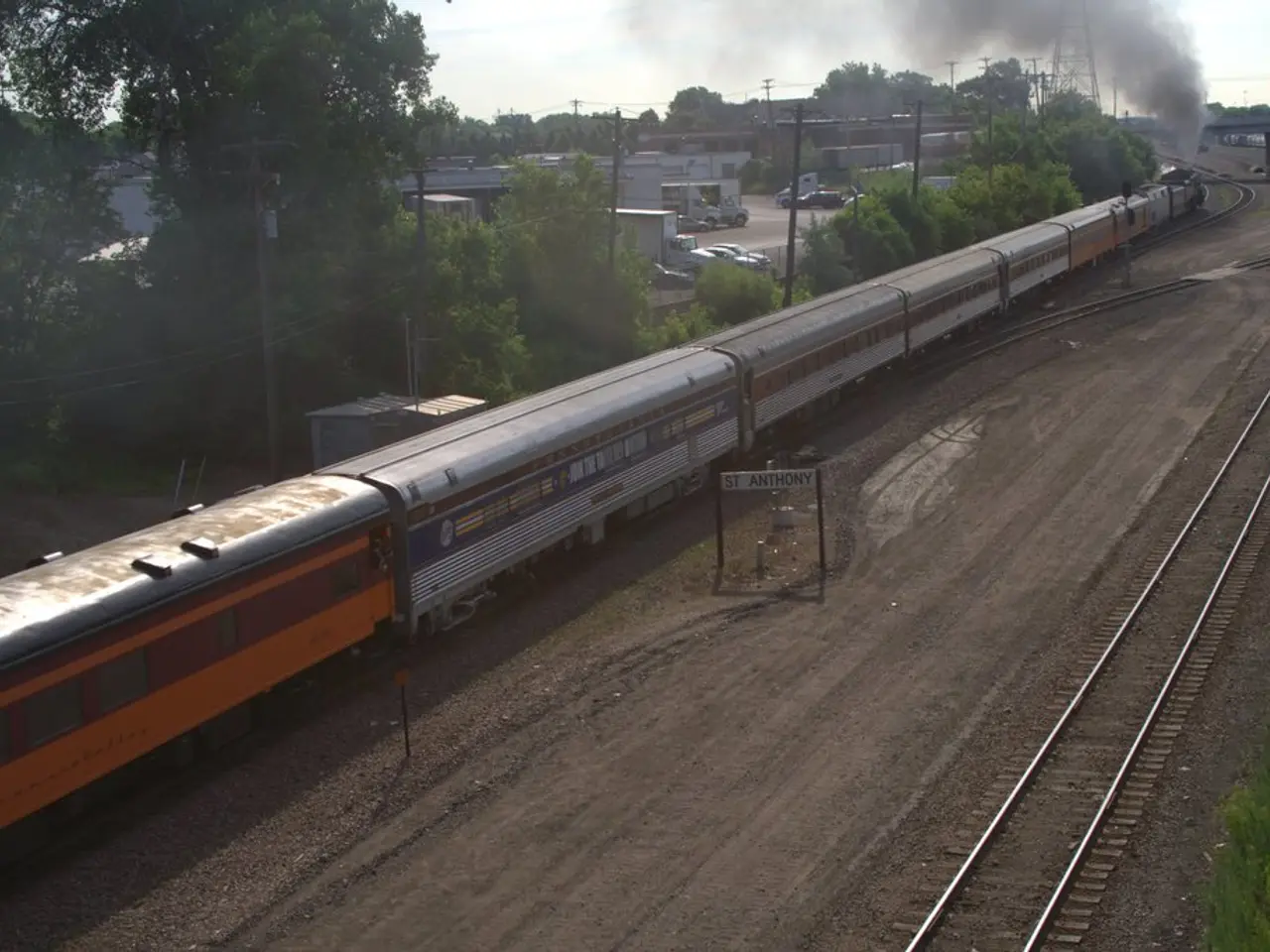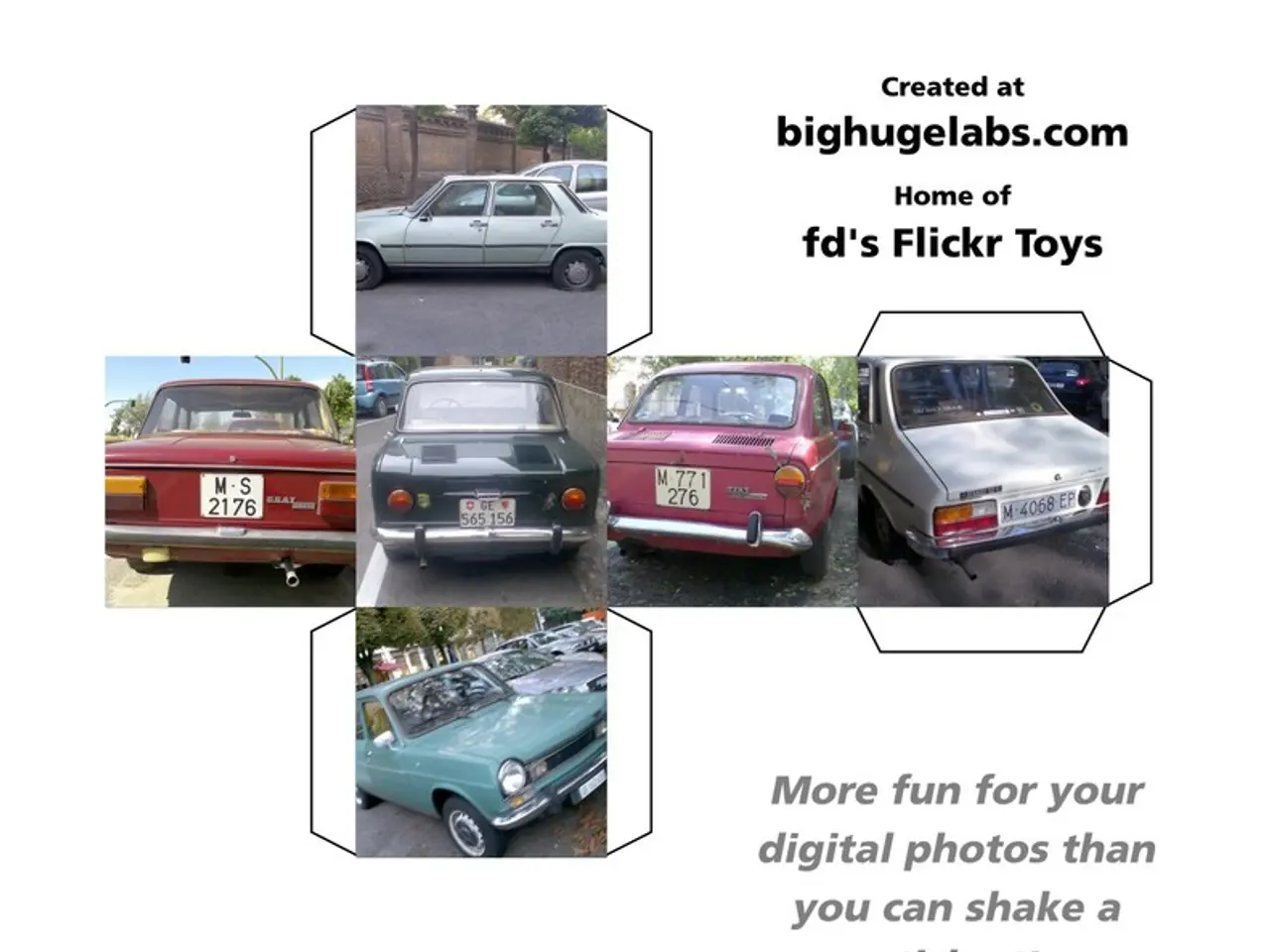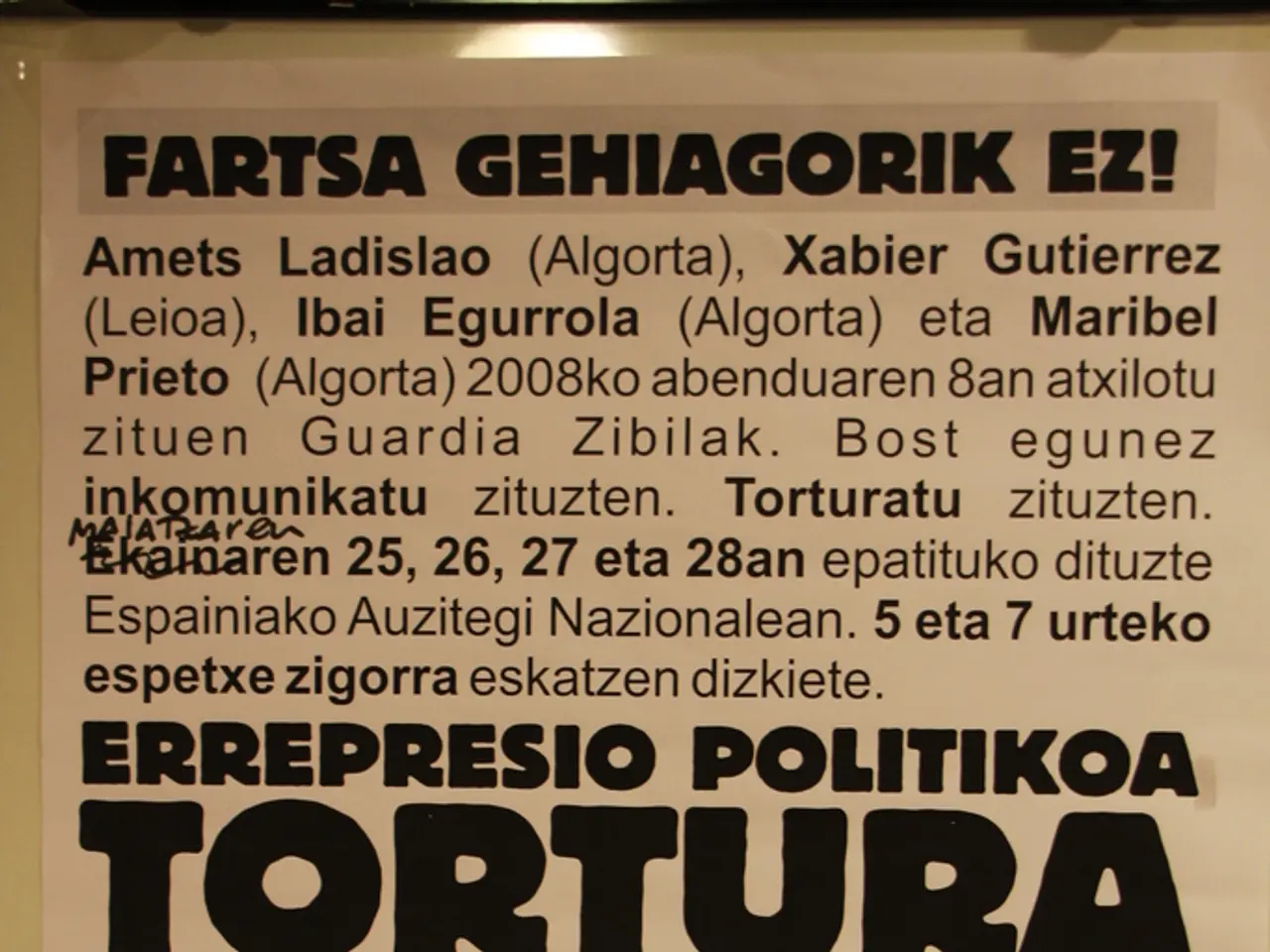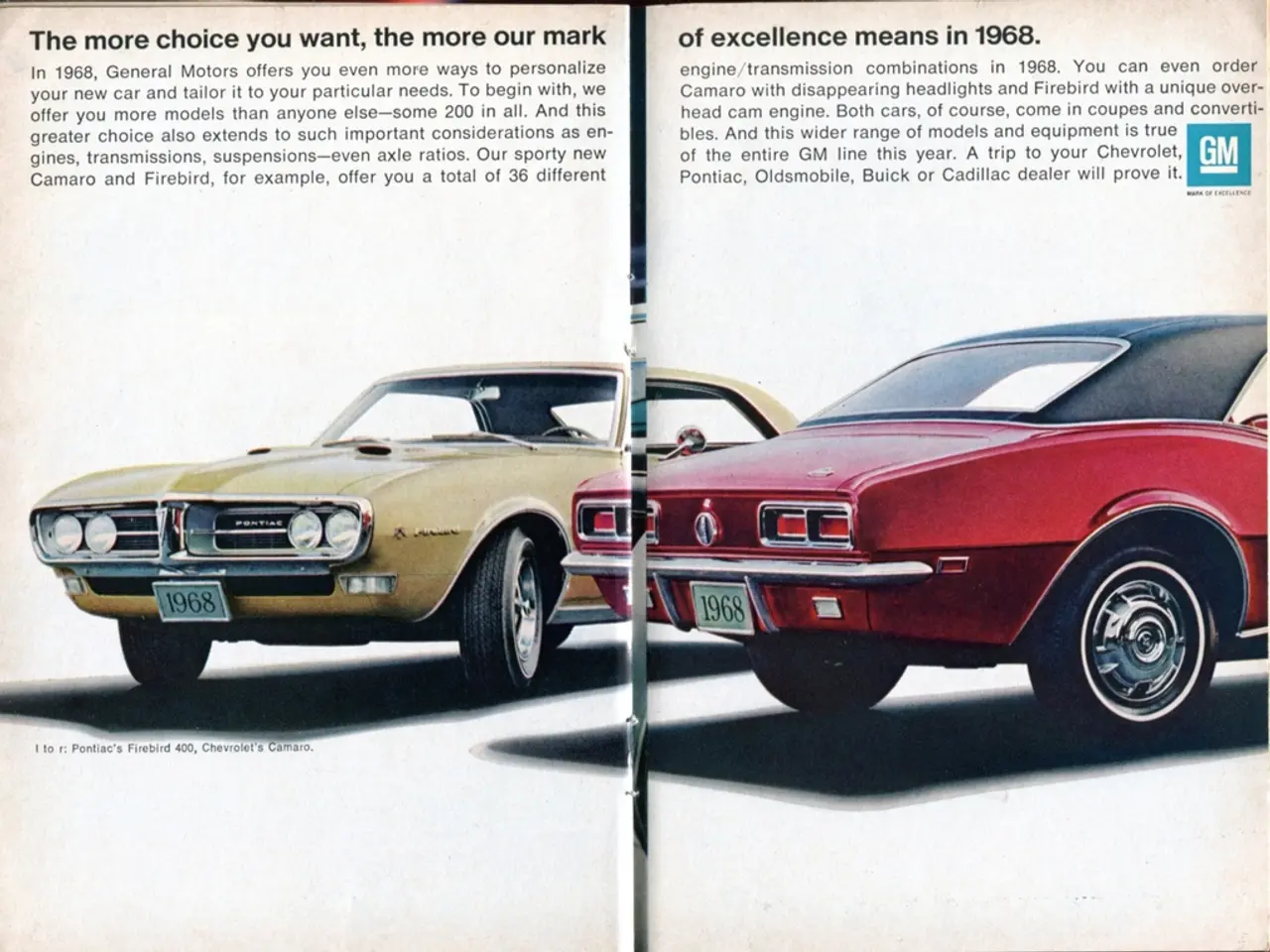Commission requested to propose safeguards for workers against radiation hazards from ionising radiation sources.
The "Fakt ist!" panel discussion, hosted by Stefan Bernschein and Ralf Geißler, will take place at Naumburger Str. 99, 06712 Zeitz, on Thursday at 20.15. The event will be broadcast on MDR TV and livestreamed on mdr.de.
The panel will discuss the coal phase-out and its consequences, live from the Old Briket Factory Herrmannschacht in Zeitz. Guests on the panel include Felix Schiedlowski, Structural Change Expert at the University of Halle-Wittenberg, Dr. Jürgen Ude, State Secretary for Structural Change and Industrial Large Projects of the State of Saxony-Anhalt, Matthias Lindig, MIBRAG Works Council Chairman, Christian Thieme, Mayor of the City of Zeitz, and Marco Langhof, President of the Employers' and Economic Associations of Saxony-Anhalt.
This panel discussion concludes a theme week by MDR and ARD's climate editorial team titled "Milliardenprojekt Energiewende - Wohin fließt die Kohle?" (Million Project Energy Transition - Where Does the Coal Go?). The week has seen daily contributions in TV, radio, online/social media offerings, and a data project.
The theme week is part of a billion-euro program launched to address the structural change in German coal regions. The investments aim to drive a transition from coal-based economies to renewable energy and diversified industries, supported by extensive public and private funding. The key expectations include job creation in renewable sectors, regional economic diversification, infrastructure upgrades, and climate neutrality goals.
However, significant challenges persist. The investments require overcoming deep-rooted environmental, infrastructural, and social complexities inherent to coal dependency in regions like the Central German Coal District, where brown coal extraction has been dominant for decades. Challenges include managing legacy environmental issues such as contaminated groundwater and collapsing mine shafts, dealing with social costs like resettlement and cultural disruption, and upgrading energy grids to accommodate decentralized renewable generation.
Citizens can join the show via the MDRfragt opinion poll or were protagonists in MDR's coverage of structural change. The investments in structural change have raised questions about how millions in tax money are being spent, such as on the Naumburg Cathedral or a crane observation tower. More information about the theme week can be found at mdr.de/energiewende.
Interested parties can engage in conversation with representatives from various MDR editorial teams about the theme week, watch the "Fakt ist!" broadcast together, and discuss it. Viewers can also participate in the live chat on mdr.de during the broadcast. The MDR "mittendrin" public dialogue event will take place on the grounds of the Old Briket Factory Herrmannschacht at 6 pm. Up to 40 billion euros are expected to flow into the structural change, in areas like research, transport, culture, and public services.
Germany has decided to exit coal power, with the latest date set for 2038. The panel discussion promises to be an insightful event, shedding light on the challenges and opportunities of the coal phase-out and the transition to a sustainable, renewable energy future in Central Germany.
- The panel discussion, focusing on the coal phase-out and its consequences, will involve experts from the environmental-science, finance, and industry sectors, including Dr. Jürgen Ude, a State Secretary for Structural Change and Industrial Large Projects, Matthias Lindig, MIBRAG Works Council Chairman, and Christian Thieme, Mayor of the City of Zeitz.
- The coal phase-out is part of a billion-euro program aiming to transition from coal-based economies to renewable energy and diversified industries, with investments in research, transport, culture, and public services anticipated, totaling up to 40 billion euros.
- The shift from coal power to renewable energy is a significant venture in the science industry, with challenges such as managing environmental issues, dealing with social costs, and upgrading energy grids to accommodate decentralized renewable generation.




